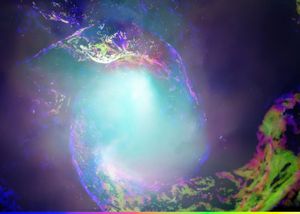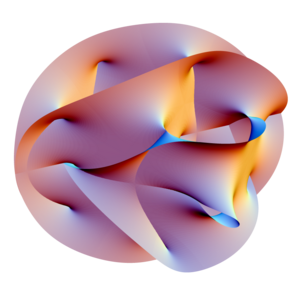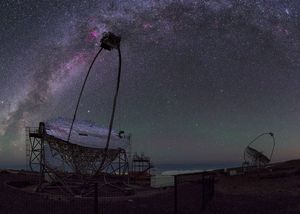
Gamma astronomy: On the trail of the most energetic objects in the universe
Café & Kosmos on March 6, 2023

Dance of the giants: How clusters of galaxies accelerate particles
Café and Kosmos on February 7, 2023



![[Translate to English:] [Translate to English:]](/fileadmin/_processed_/1/f/csm_230302_C_K_April_5910ad3807.png)



